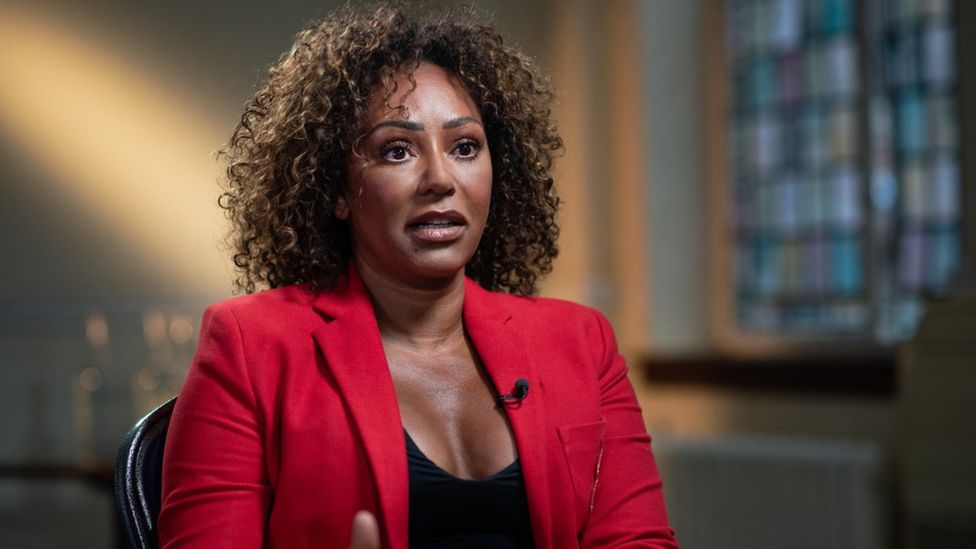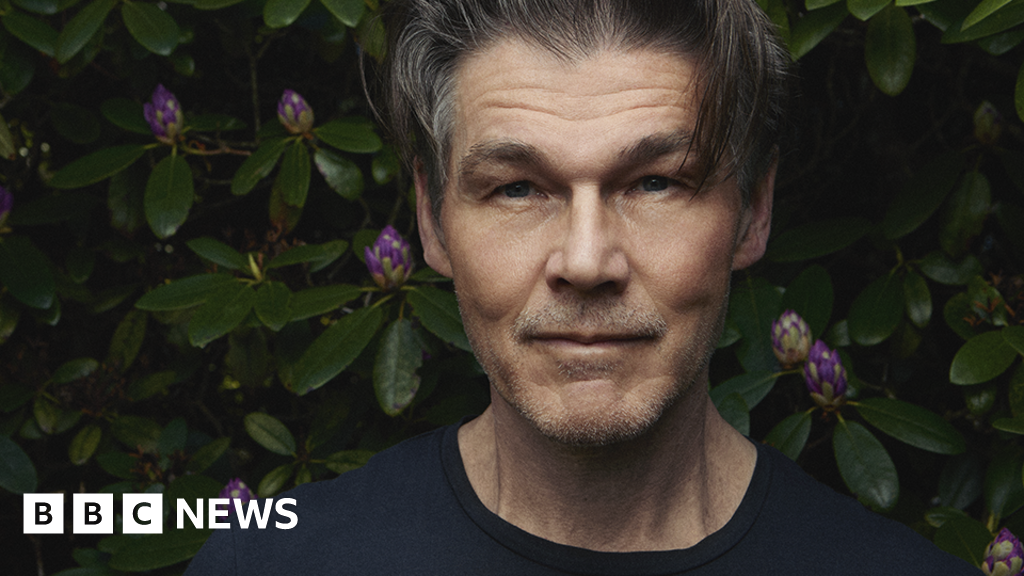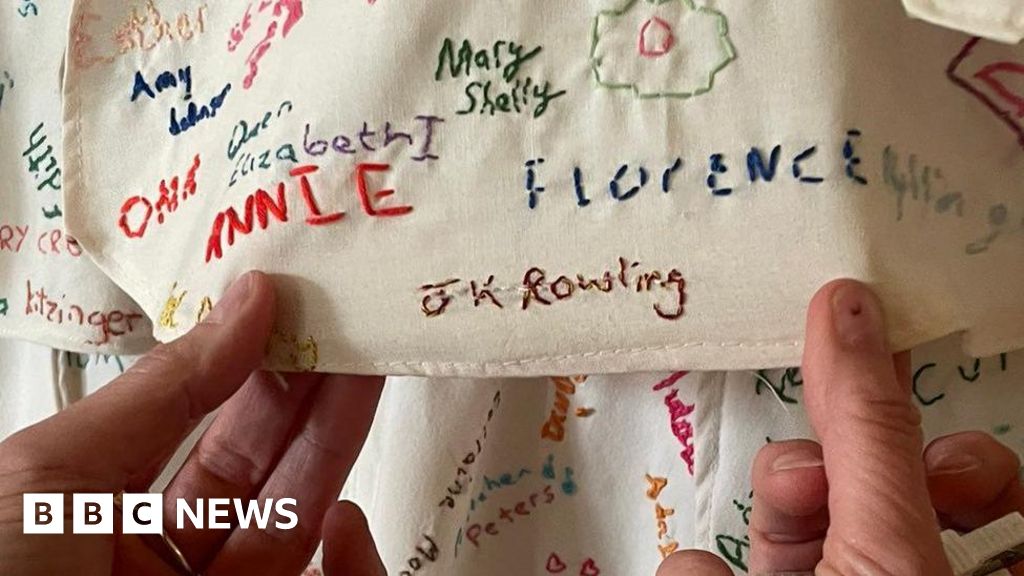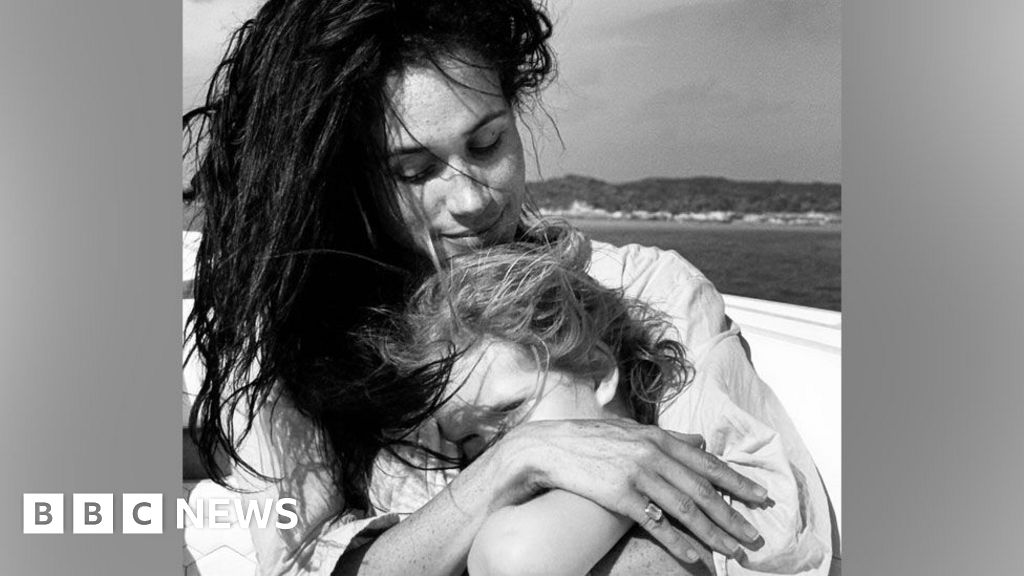ARTICLE AD BOX
 Image source, ROBERT TIMOTHY/BBC
Image source, ROBERT TIMOTHY/BBC
Spice Girl Melanie Brown says she doesn't know if she could trust police to take domestic abuse allegations seriously
By Victoria Derbyshire & Tim Dodd
BBC Newsnight
Pop Star Melanie Brown has said she would not call the police to report domestic abuse because it might not be taken "seriously".
Mel B, one of the Spice Girls, told BBC Newsnight she would only report it if "the whole entire system" of justice was reformed by the government.
She became a campaigner for domestic abuse victims after leaving what she described as an abusive relationship.
She said police needed better education about spotting "tell-tale signs".
"I wouldn't [call the police], because I wouldn't know if they would take it seriously," said Ms Brown, who became a patron for domestic violence charity Women's Aid in 2018.
She called for a "redo" of the justice system, and said police officers needed better education about spotting the "tell-tale signs" that someone is a victim of abuse.
"Like if I'm living here and I want to report it to the police, I don't know if I can trust the police. I don't know if they're going to take my allegations seriously," she said.
The singer made her name as Scary Spice in the 1990s.
She received an MBE for services to charitable causes and vulnerable women last year, and dedicated her award to "all the other women" dealing with domestic violence.
In October, she spoke at a Conservative party conference to appeal for more support for domestic abuse victims, and said she was in an abusive relationship for a decade but kept it a secret.
The latest crime survey for England and Wales shows nearly 2.5 million people - 1.7 million women and almost 700,000 men - experienced domestic abuse in the year to March 2022.
Speaking to Victoria Derbyshire, Ms Brown described domestic abuse as an "epidemic" and praised those who collected statistics on it which allows victims to "openly talk".
"When I brought my book out, nobody wanted to talk about it. It was like a taboo topic. It was something that everybody knows about but nobody talks about it."
She said it was impacting "younger and younger" people" including "kids as soon as they start some kind of intimate relationship".
"It's just your average person who just wants to be loved and cared for," she added.
If you've been affected by domestic abuse or controlling behaviour, help and support is available via the BBC Action Line.

 2 years ago
42
2 years ago
42








 English (US) ·
English (US) ·